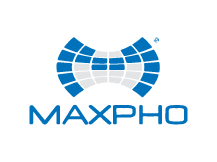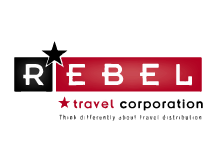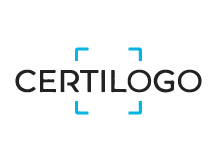Artificial intelligence (AI) is rapidly transforming industries, driving innovation, and reshaping the future of work. As businesses increasingly adopt AI to enhance operations, improve decision-making, and offer new services, the demand for skilled AI professionals has surged. However, with this boom comes a significant challenge—there simply aren’t enough qualified AI experts to meet the growing demand. The AI talent shortage is a critical issue for many companies looking to stay competitive and innovative in the fast-evolving tech landscape.
One of the most direct solutions to the AI talent gap is to invest in your current workforce. Upskilling and reskilling employees allow companies to develop the necessary AI capabilities in-house, rather than relying solely on hiring external experts. Many employees, especially those in data science, IT, and engineering roles, may already possess the foundational skills needed to transition into AI-related tasks.
Companies can offer tailored training programs, workshops, or certifications in AI and machine learning (ML) to help their teams stay updated on the latest developments. This also fosters a culture of continuous learning, where employees can grow within the company and adapt to new technological advancements.
Action Steps:
Tapping into the academic pipeline is a strategic way to gain access to top AI talent. Universities and research institutions are at the forefront of AI development, producing graduates with cutting-edge knowledge in AI and ML. Partnering with these institutions can help companies recruit talent early and even contribute to shaping the curriculum to better align with industry needs. In addition to internships and hiring, companies can collaborate on AI research projects, sponsor AI labs, or provide scholarships and grants. These partnerships create a direct channel for recruiting emerging AI professionals while fostering a strong connection between academia and industry.
Action Steps:
For companies struggling to hire in-house AI talent, using AI-as-a-Service (AIaaS) platforms is a viable solution. These platforms provide pre-built AI tools and solutions that can be integrated into business operations without requiring a deep understanding of AI. By utilizing AIaaS, businesses can benefit from AI-driven insights, automation, and analytics without needing to hire a full-fledged AI team.
AIaaS platforms offer a range of services, from natural language processing (NLP) and computer vision to predictive analytics and ML model development. This allows companies to scale their AI capabilities while freeing up internal resources to focus on other strategic initiatives.
Popular AI-as-a-Service Tools:
When it comes to recruiting AI talent, many companies focus on candidates with traditional computer science or engineering degrees. However, expanding your search to include professionals from non-traditional backgrounds can unlock a wealth of potential. AI intersects with fields like mathematics, physics, neuroscience, and economics, meaning individuals with skills in these areas may be well-suited for AI roles.
Additionally, professionals in fields like marketing, healthcare, and finance may have the domain expertise to help AI applications succeed in those industries. The key is to focus on transferable skills—such as problem-solving, data analysis, and critical thinking—rather than rigid qualifications.
Action Steps:
The AI talent shortage is a global issue, but the rise of remote work has expanded the talent pool beyond geographic constraints. Companies can tap into a broader talent pool by embracing remote work and hiring AI professionals from around the world. Many talented AI engineers, data scientists, and machine learning experts are located in countries outside major tech hubs, and offering flexible, remote work options can attract these professionals.
Additionally, hiring globally may provide cost advantages, as talent from emerging markets may be more affordable compared to those in high-demand regions. It’s important, however, to ensure that remote employees are fully integrated into the team and have access to the tools and resources they need to succeed.
Action Steps:
Overcoming the AI talent shortage is not just about immediate hiring—it’s about building a sustainable talent pipeline for the future. Developing a long-term talent strategy that includes partnerships, mentorships, and internal development programs ensures that your organization will have access to AI talent in the years to come.
Creating relationships with industry groups, sponsoring AI events, and cultivating a strong employer brand in the AI community are all steps toward building a pipeline. Additionally, nurturing early-career talent through internships, apprenticeships, and boot camps can ensure you have a steady stream of skilled professionals entering the field.
Action Steps:
The AI talent shortage presents a challenge, but it’s not an insurmountable one. By adopting a mix of upskilling, collaboration, strategic hiring, and the use of AI services, companies can overcome the talent gap and build capable AI teams. The key is to stay proactive—continuously invest in talent development, foster partnerships, and embrace innovative ways to attract and retain AI professionals.
By focusing on these strategies, your organization can position itself for success in the AI-driven future, ensuring you have the talent and resources needed to stay competitive in this fast-evolving landscape.
Unites States, United Kingdom, UAE, Italy, Netherlands, Canada and more...










